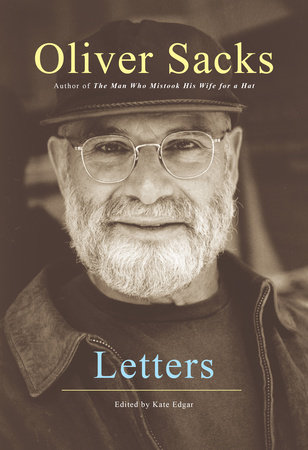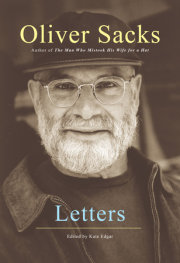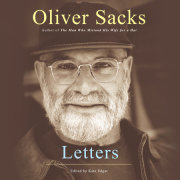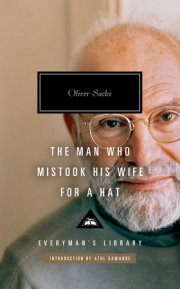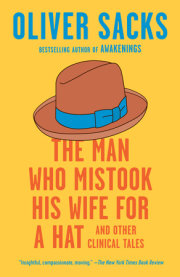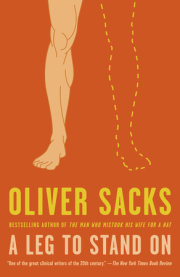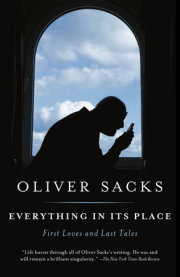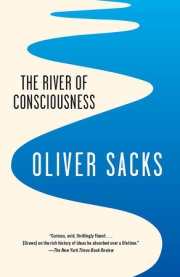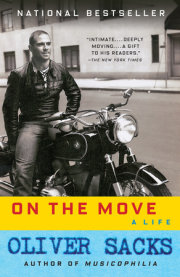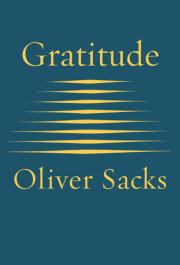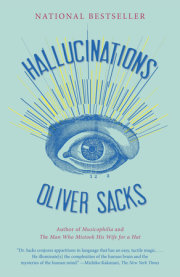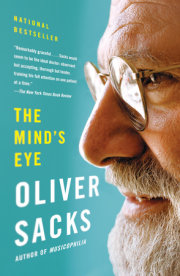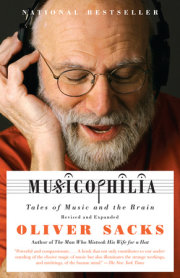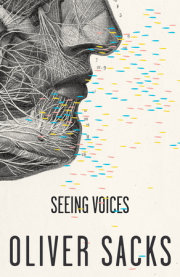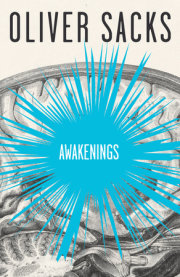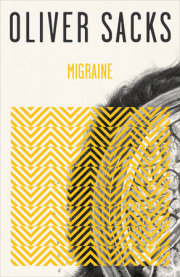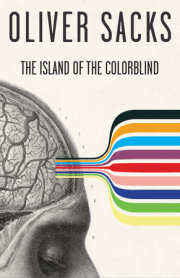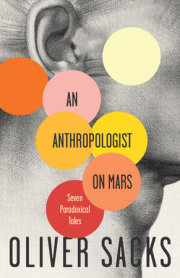Longlisted for the Wingate Literary Prize
One of The New Statesman's Best Books of the Year
One of Kirkus Reviews' Best Nonfiction Books of 2024
One of The New Yorker's 'Best Books We've Read in 2024 So Far'
"Oliver Sacks’s Letters isn’t a book of the year—it’s a book for a lifetime. The great neurologist’s brilliance and humanity is no secret; but here (superbly edited by Kate Edgar) the reader sees his life unfold in real time: his original, challenging work, his love for his family, his unique passions, his evolving relationship to his sexuality. Keep this by your side, dip into it, be reminded of the wonders of our shared humanity." —New Statesman
“The first 200 pages of Oliver Sacks’s letters are among the best things I’ve read all year. He was new in America, not long out of Oxford University, writing to family and friends back home, and his observations were electric—wild and funny and befuddled and frank.” —Dwight Garner, The New York Times
“A neurologist by trade, Sacks was insatiably curious and wrote ceaselessly and joyfully about anything that caught his interest, which was just about everything. Readers get a new glimpse into his mind this year, nearly a decade after his death, thanks to a handsome new collection of the doctor’s letters compiled and annotated by his longtime editor, Kate Edgar. To read these letters is to be reminded of the deeply felt humanism and ebullience that Sacks brought to his prose. . . . The letters can be read as an autobiography written in real time, as they portray the play of his mind as his life played out. They function as a kind of biography of Sacks’ inner life and the felicitous and rigorous nature of his thought.” —Los Angeles Times
“Kate Edgar, Sacks’s longtime editor and assistant, has produced in Letters a meticulous, thorough and loving selection that constitutes not only a series of reflections and explorations but also a gripping memoir, a Bildungsroman at one remove. Here, Sacks the physician becomes his own patient, alert to fluctuations in mood and energy, aware of an unstable tendency in his emotional weather that lasted until the very end. Sacks the writer lays out the trajectory of a life—a trajectory that also appeared in his autobiographical books and essays. Reading these letters, one sees it develop differently, first in the present tense and then, as he aged, retrospectively, as the writer traces his experiences and emotions from his young adulthood through his final years.” —The Wall Street Journal
“Here is the unedited Oliver Sacks—struggling, passionate, a furiously intelligent misfit. And also endless interesting. He was a man like no other.” —Atul Gawande, author of Being Mortal
“Edgar—the longtime assistant, editor, and researcher for Sacks (1933–2015)—provides an intimate window into the neurologist’s personal and professional lives in this expansive collection of his correspondence. Sacks’s trademark lyricism is evident throughout. . . . What emerges is a pointillistic portrait of an incredible intellect with all-too-human frailties and an insatiable curiosity about the human condition. This is an essential resource for understanding Sacks.” —Publishers Weekly
“Very enjoyable. . . . A lifetime of correspondence adds new dimensions to a brilliant mind’s oeuvre.” —Kirkus Reviews
“Oliver Sacks’s letters are superb—fluent, brilliant, candid, intimate—and some of them are deliriously passionate. Oliver could write a multi-page love letter as well as a lengthy analysis of a drug state or a neurological condition. Taken together, over more than fifty years, they constitute an autobiography in epistolary form.” —Paul Theroux, author of The Mosquito Coast and Burma Sahib
“Here is Oliver Sacks annealed. All his largehearted curiosity, all his childlike wonder at how everything coheres, all the self-doubt trembling beneath his brilliance, come alive on these pages. One is left magnified just by bearing witness to this vast and solitary mind, searching for connection and discovering himself.” —Maria Popova, author of Figuring
“Be prepared to discover a world of human treasures in the letters of Oliver Sacks. Sacks wrote copiously to family and friends, as expected, but he also wrote abundantly to several colleagues in the universe of biology, neuroscience and psychology, during a seminal period (which includes the last two decades of the twentieth century and the first two decades of the twenty-first). One marvel here is that Sacks’ literary genius manages to reveal both sides of a conversation, although we are only made privy to his perspective on the issues.” —Antonio Damasio, author of Feeling and Knowing
“[Sacks’] personal journey is also something to savour. . . . [Letters] provide a wonderful portrait of a truly exceptional individual.” —The Spectator (UK)
“Absorbing, illuminating, moving and entertaining. . . . His restless curiosity, breadth of interests, and the energy of his enthusiasm never wanes. . . . Sacks showed generations of doctors (and patients) how medicine is just the starting point for an exploration of the possibilities of being human. With these letters, [Sacks's] legacy as an extraordinary writer, humanitarian and physician is secured.” —Gavin Francis, The Observer
“[Sacks’] Letters leaves one with the overwhelming impression of a brilliant and vivid mind, a man whose intellectual appetite was vast, and whose professional and creative passions—far from being the self-absorbed obsessions of a pedant—were first and foremost an act of reaching out, the means through which he sought to communicate with others, a “love affair with the world. . . . Sacks is an endearing and entertaining prose stylist—inquisitive, often funny, never obtuse . . . Letters is crammed with off-the-cuff profundities, moments of elevated perception that briefly unriddle the more inscrutable aspects of human nature.” —Ralf Webb, The Guardian
“Edgar—the longtime assistant, editor, and researcher for Sacks (1933–2015)—provides an intimate window into the neurologist’s personal and professional lives in this expansive collection of his correspondence. Sacks’s trademark lyricism is evident throughout. . . . What emerges is a pointillistic portrait of an incredible intellect with all-too-human frailties and an insatiable curiosity about the human condition. This is an essential resource for understanding Sacks.” —Publishers Weekly

